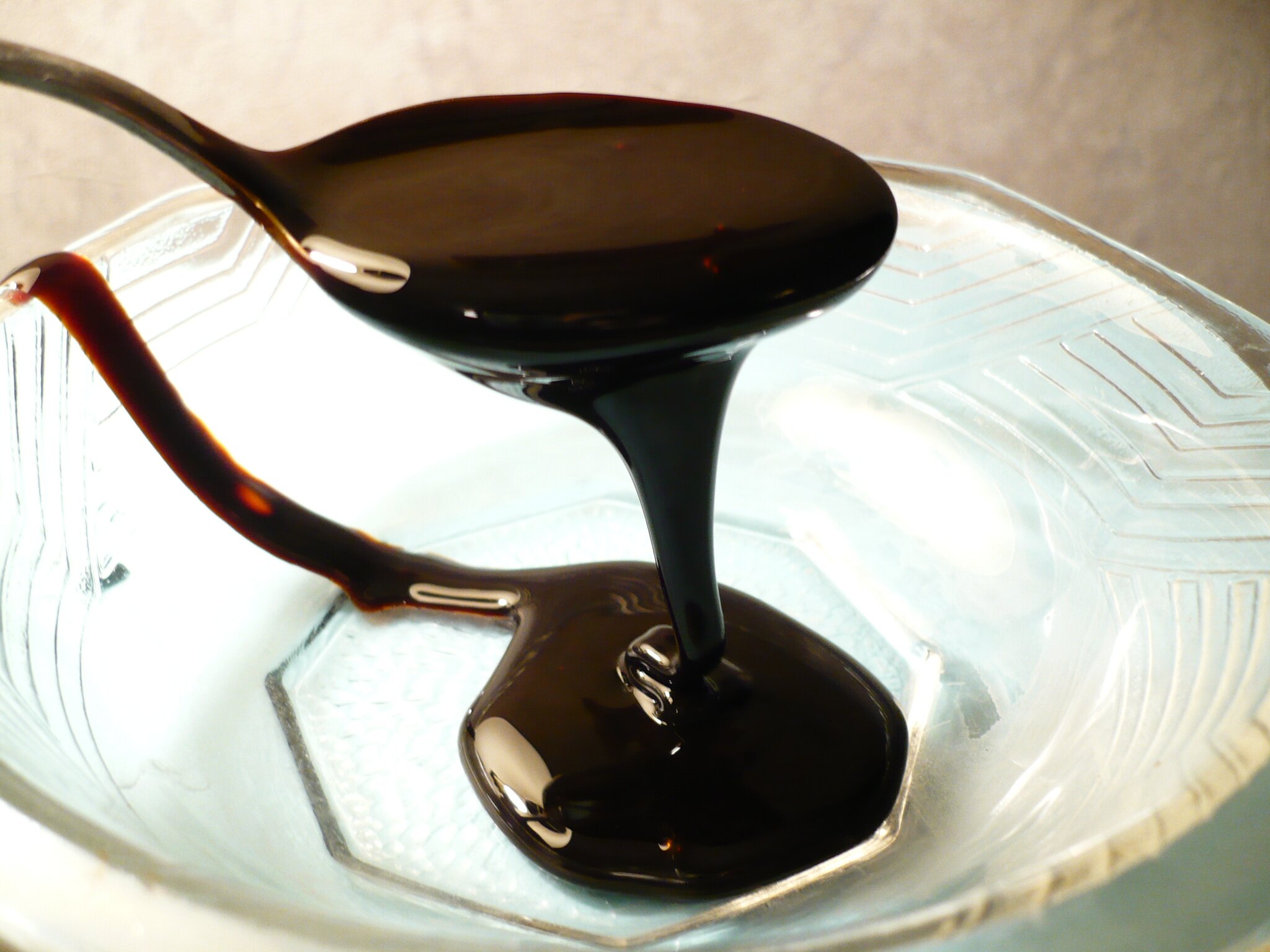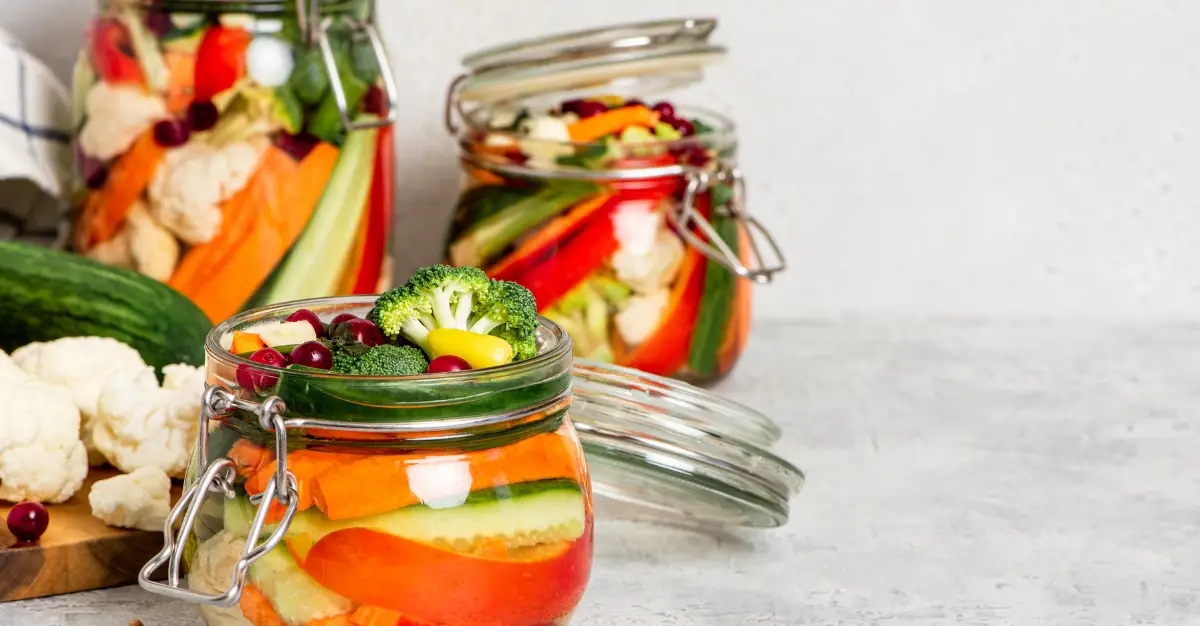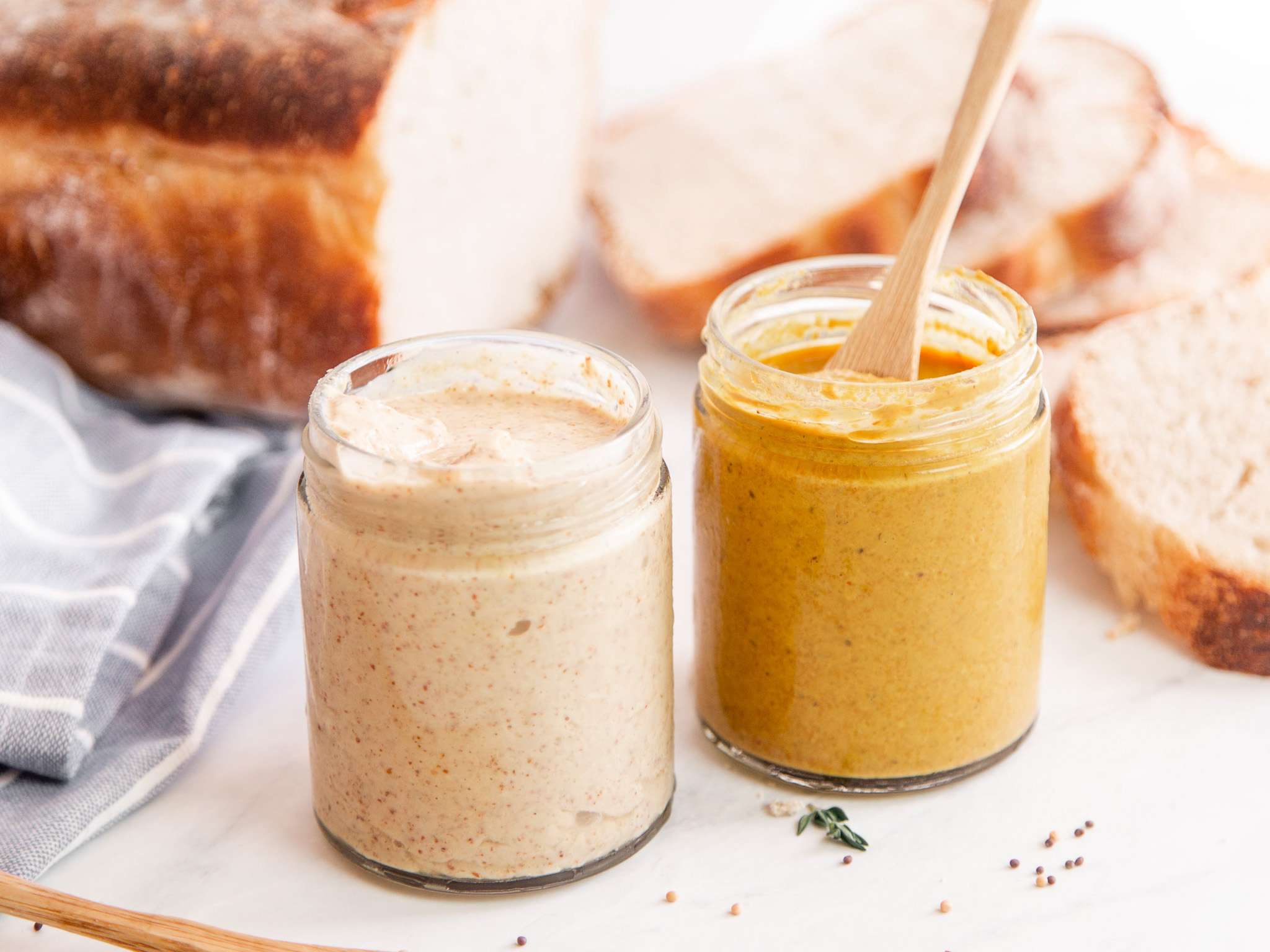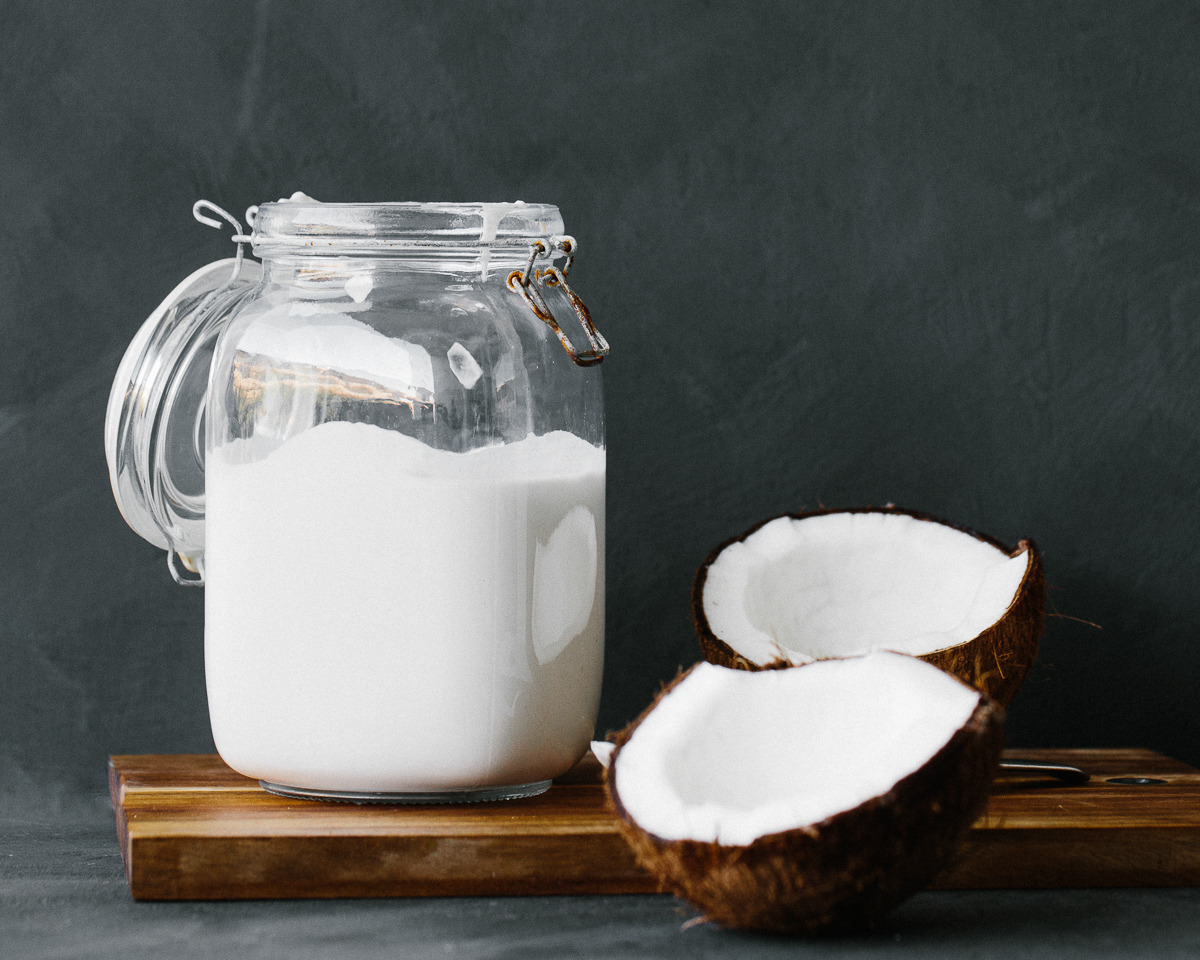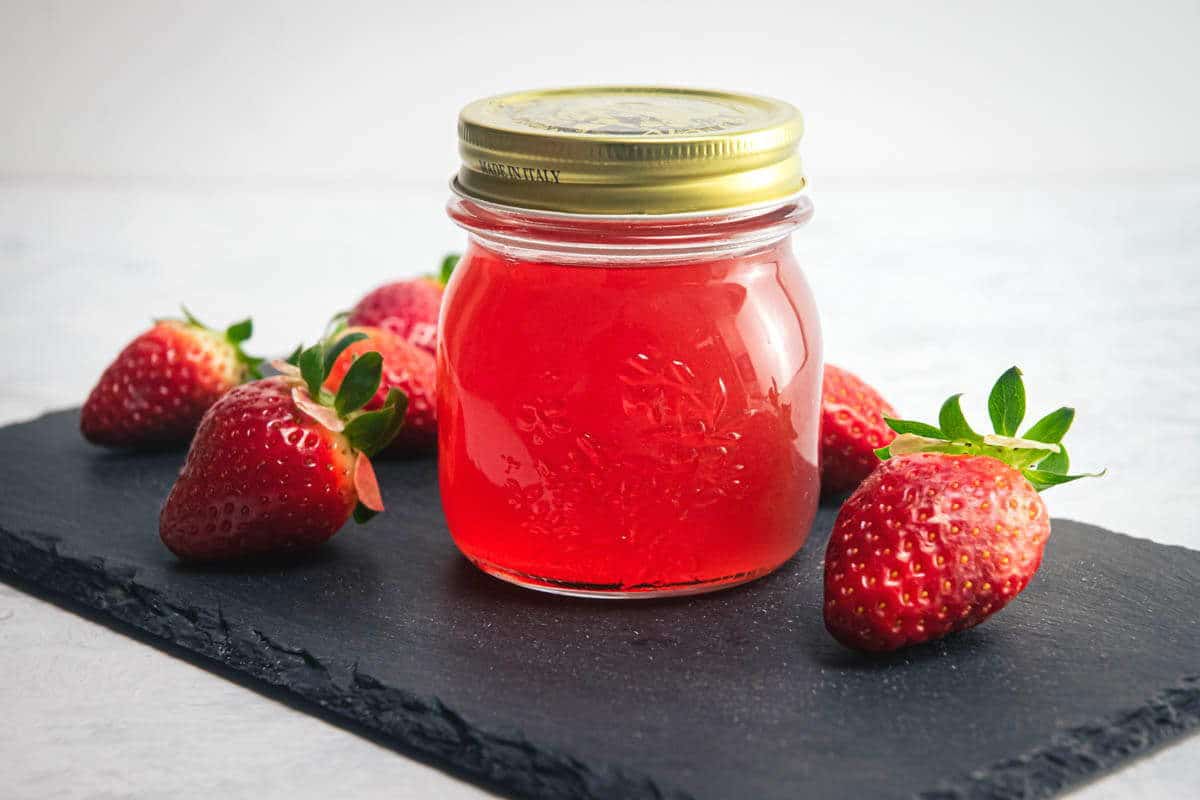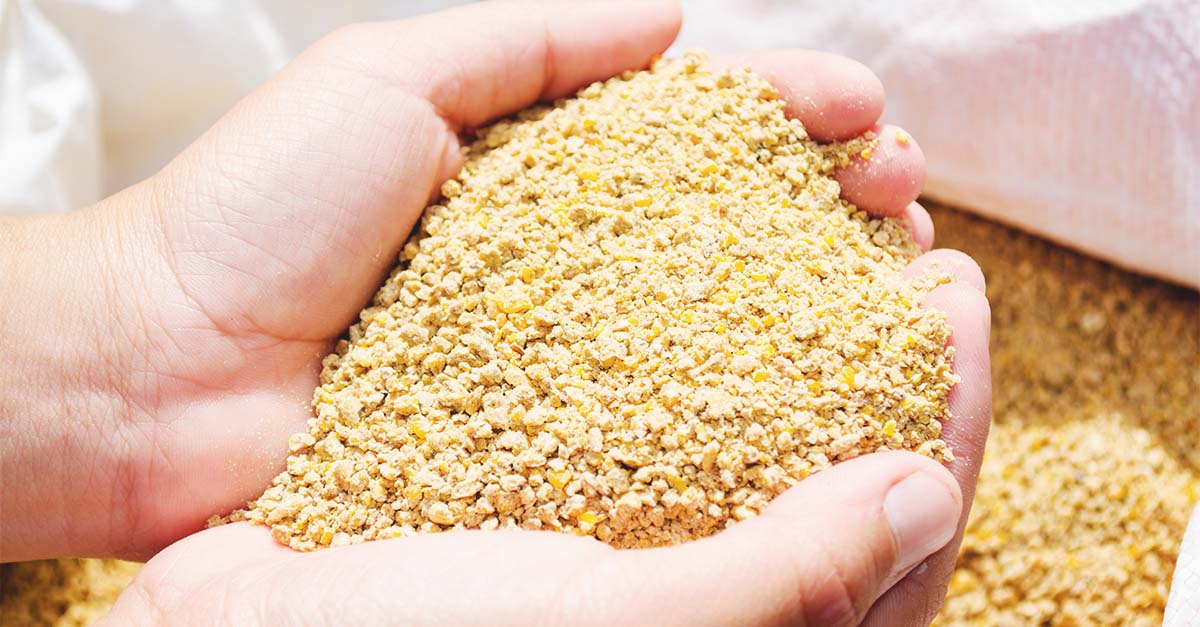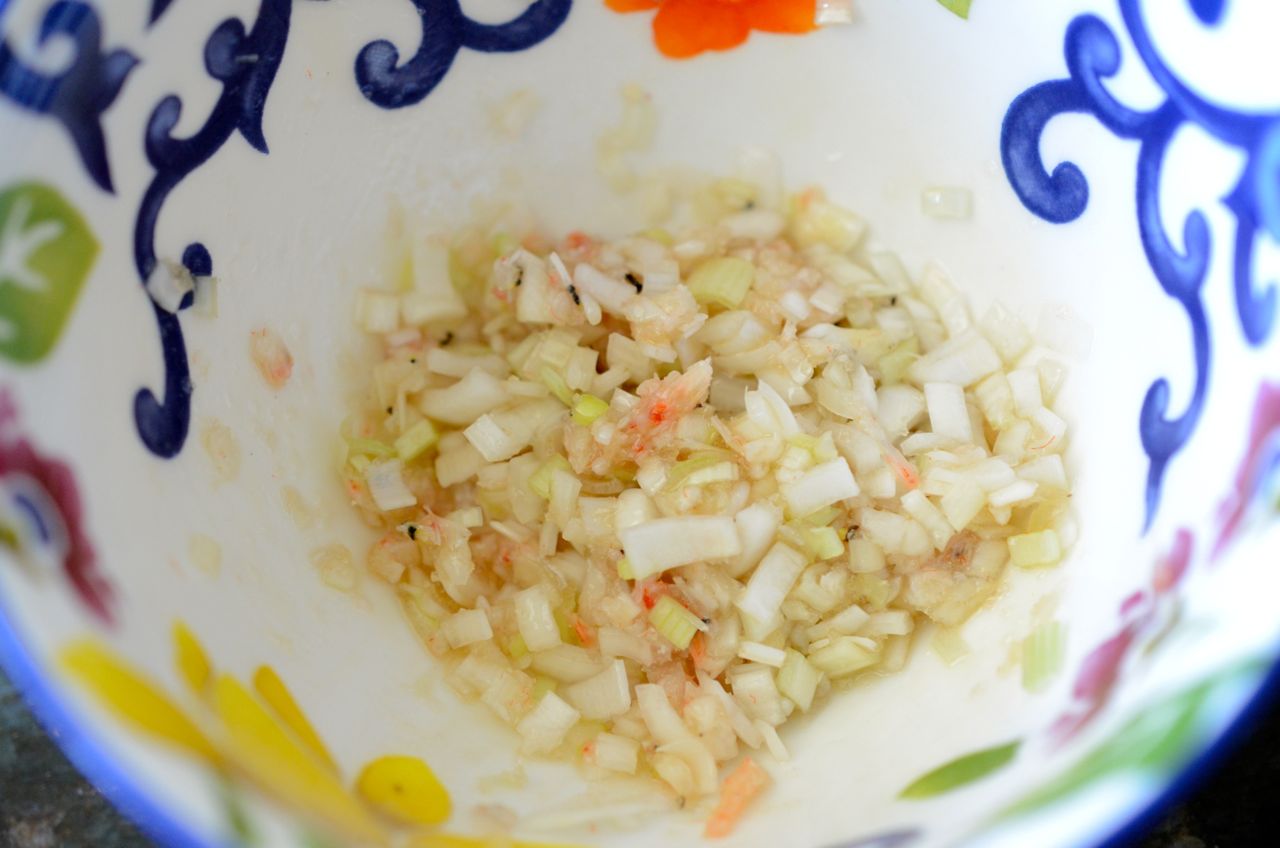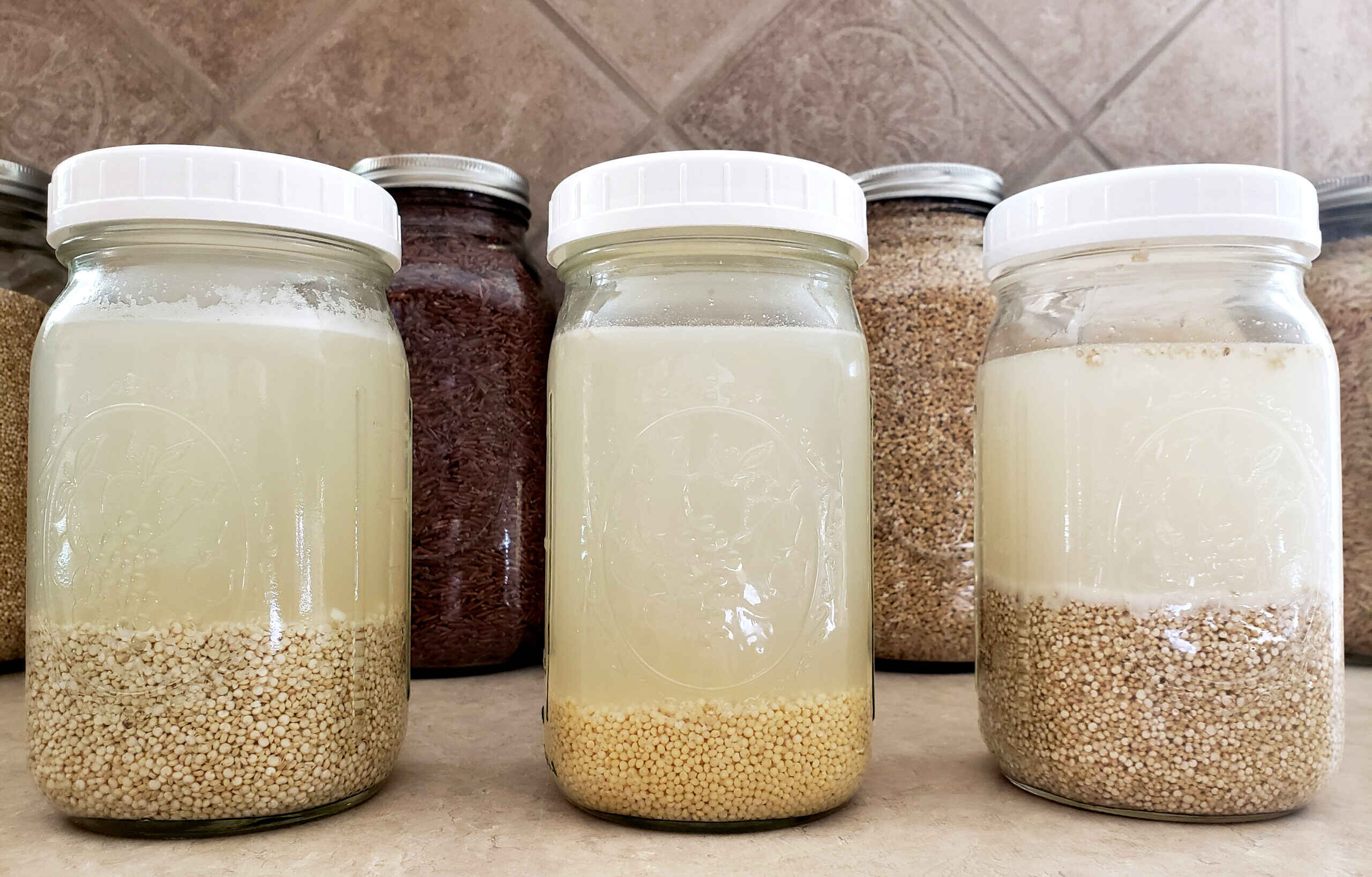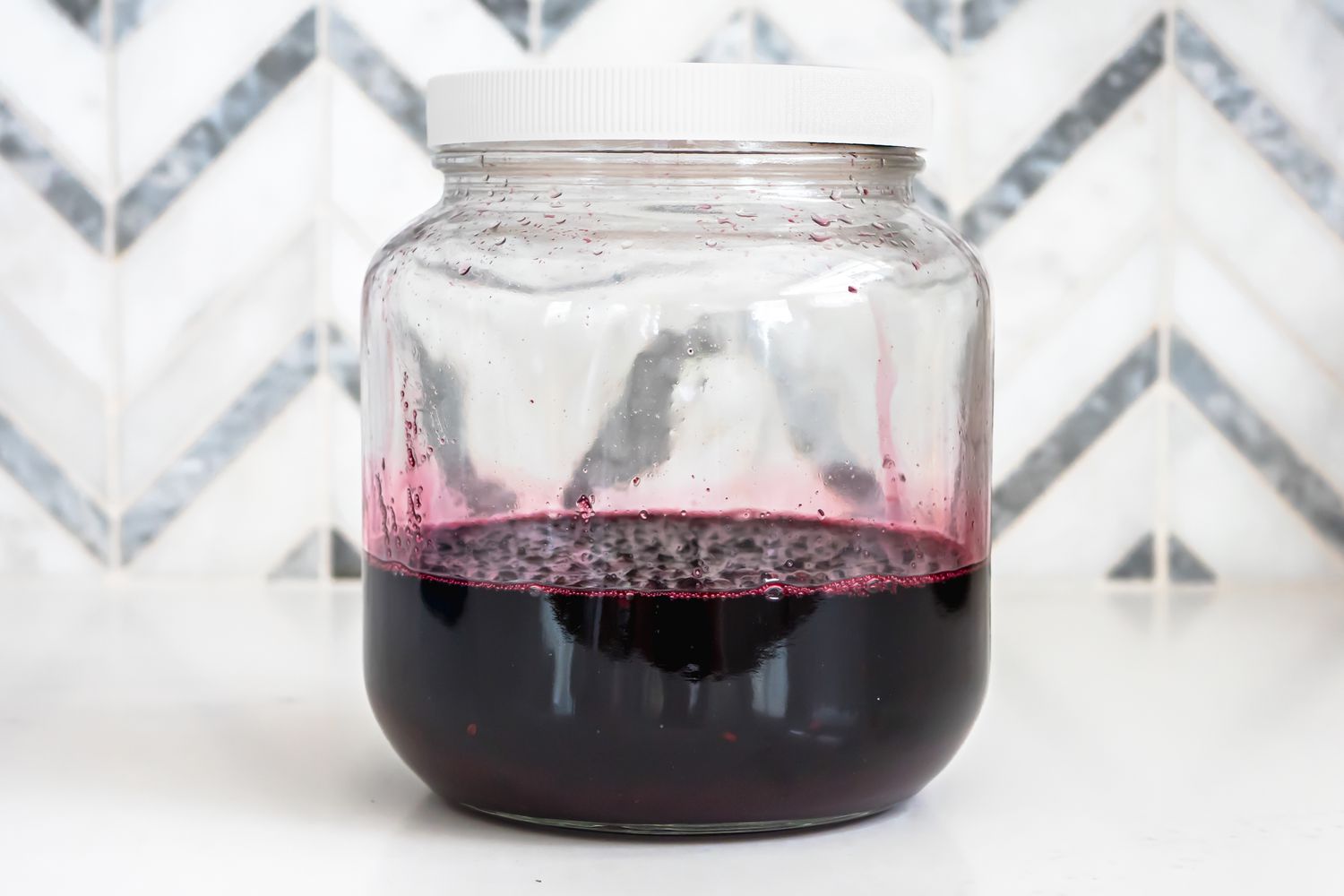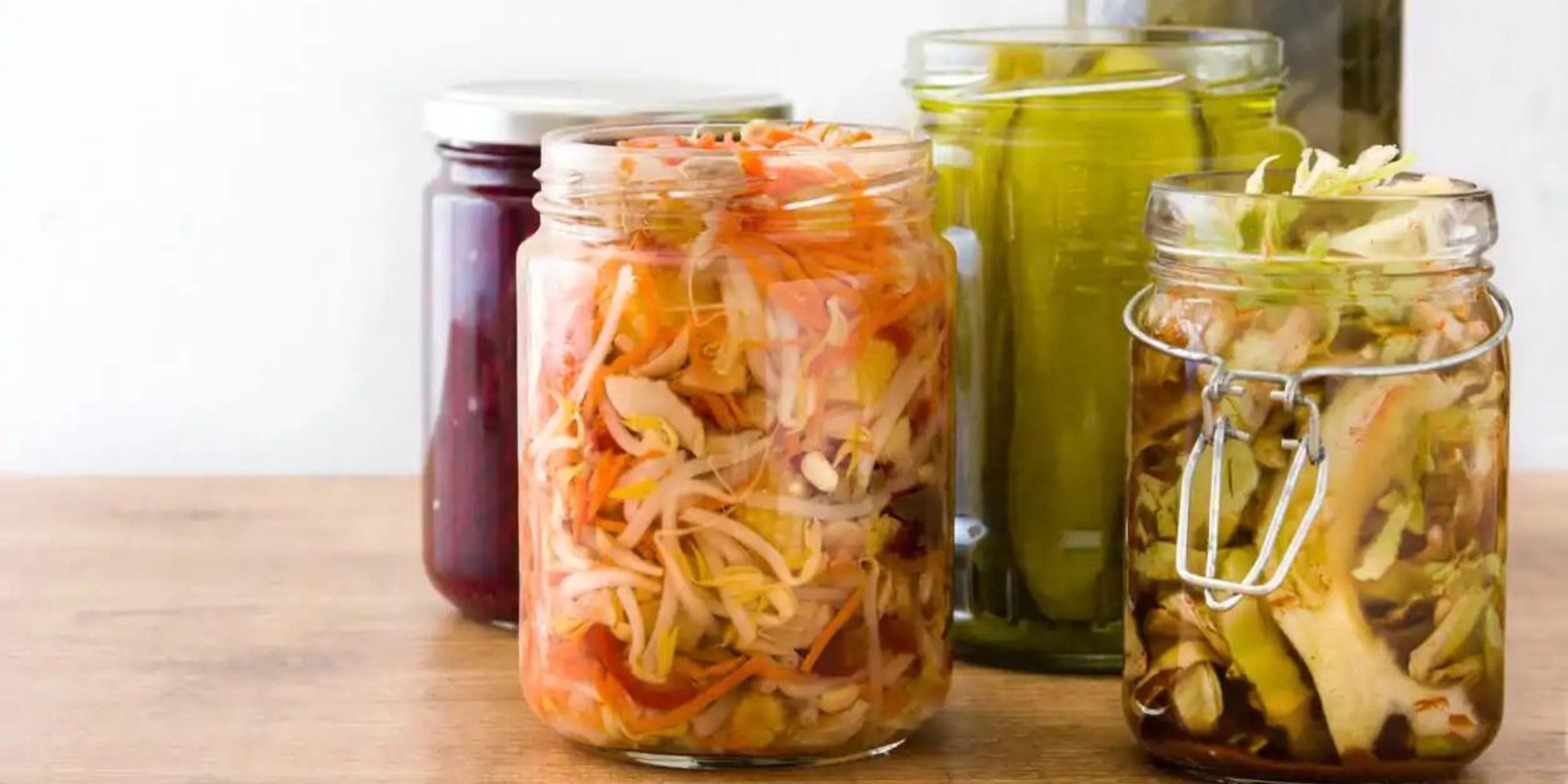Discover the Art of Fermenting Coconut Water at Home
Welcome to the wonderful world of fermentation! If you’re a fan of probiotic-rich foods and beverages, you’re going to love learning how to ferment coconut water at home. Not only is it a fun and rewarding process, but it also yields a delicious and nutritious end product that you can enjoy on its own or use in a variety of culinary creations.
Why Ferment Coconut Water?
Before we delve into the nitty-gritty of the fermentation process, let’s talk about why fermenting coconut water is worth your time and effort. Coconut water is naturally rich in nutrients and electrolytes, making it a popular choice for hydration. When fermented, it becomes even more beneficial as the fermentation process introduces probiotics, which are known to support gut health and overall well-being.
What You’ll Need
Before you get started, gather the following supplies:
- Fresh coconut water
- Coconut water kefir grains or a starter culture
- A glass jar with a tight-fitting lid
- A breathable cloth or coffee filter
- A rubber band
The Fermentation Process
Now that you have everything you need, it’s time to start fermenting your coconut water. Follow these simple steps:
- Fill the glass jar with fresh coconut water, leaving some space at the top.
- Add the coconut water kefir grains or starter culture to the jar.
- Secure the breathable cloth or coffee filter over the mouth of the jar and use a rubber band to hold it in place.
- Place the jar in a warm, dark place and let it ferment for 24-48 hours. Check the taste periodically to determine the level of fermentation that you prefer.
- Once the coconut water has reached your desired level of fermentation, remove the kefir grains or strain out any solid pieces, if using a starter culture.
- Transfer the fermented coconut water to a clean, airtight container and store it in the refrigerator.
Enjoying Your Fermented Coconut Water
Now that you have a batch of delicious fermented coconut water, it’s time to enjoy the fruits of your labor. Here are a few ways to incorporate it into your daily routine:
- Drink it straight for a refreshing and probiotic-rich beverage.
- Use it as a base for smoothies and shakes.
- Include it in homemade salad dressings or marinades for a tangy kick.
- Experiment with using it in baking recipes for a unique flavor twist.
Final Thoughts
Fermenting coconut water at home is a simple and rewarding process that allows you to enjoy the benefits of probiotics in a delicious and versatile form. Whether you’re new to fermentation or a seasoned pro, trying your hand at fermenting coconut water is a fun and flavorful way to expand your culinary repertoire. So, grab your supplies and get ready to embark on a fermentation adventure!
More Delicious Fermented Coconut Water Recipes to Try
Having mastered the art of fermenting coconut water, you're now ready to explore a variety of recipes that incorporate this probiotic-rich ingredient. From refreshing beverages to savory dishes, the versatility of fermented coconut water is boundless. Dive into the fermented coconut water tropical smoothie for a fruity and invigorating start to your day. For those seeking a wholesome breakfast option, the probiotic coconut water breakfast bowl is a must-try. If you're planning a barbecue, the coconut water kefir marinade for grilled chicken adds a tangy twist to your grilled meats, enhancing their flavor profoundly. Each recipe not only offers a unique way to enjoy the health benefits of fermented coconut water but also introduces an exotic flair to your everyday meals.
